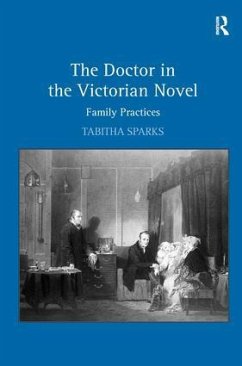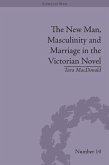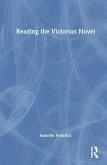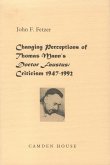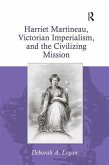With the character of the doctor as her subject, Tabitha Sparks follows the decline of the marriage plot in the Victorian novel. As Victorians came to terms with the scientific revolution in medicine of the mid-to-late nineteenth century, the novel's progressive distance from the conventions of the marriage plot can be indexed through a rising identification of the doctor with scientific empiricism. A narrative's stance towards scientific reason, Sparks argues, is revealed by the fictional doctor's relationship to the marriage plot. Thus, novels that feature romantic doctors almost invariably deny the authority of empiricism, as is the case in George MacDonald's Adela Cathcart. In contrast, works such as Wilkie Collins's Heart and Science, which highlight clinically minded or even sinister doctors, uphold the determining logic of science and, in turn, threaten the novel's romantic plot. By focusing on the figure of the doctor rather than on a scientific theme or medical field, Sparks emulates the Victorian novel's personalization of tropes and belief systems, using the realism associated with the doctor to chart the sustainability of the Victorian novel's central imaginative structure, the marriage plot. As the doctors Sparks examines increasingly stand in for the encroachment of empirical knowledge on a morally formulated artistic genre, their alienation from the marriage plot and its interrelated decline succinctly herald the end of the Victorian era and the beginning of Modernism.
Bitte wählen Sie Ihr Anliegen aus.
Rechnungen
Retourenschein anfordern
Bestellstatus
Storno

